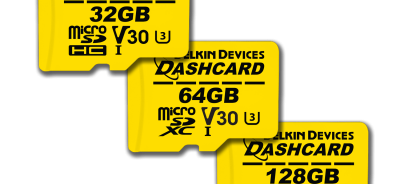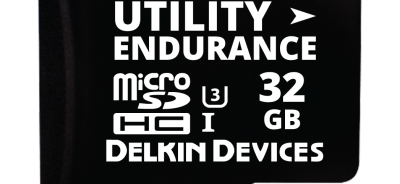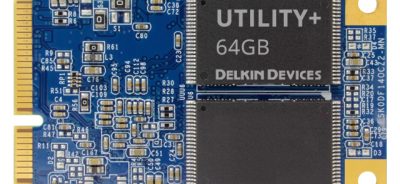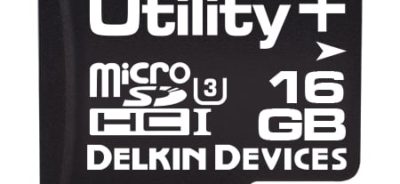Understanding Product Reliability Specification and Performance Factors
When it comes to products that contain flash memory, a concern that is often present in the minds of OEMs and engineers is the reliability of the memory and its ability to meet certain product reliability specifications of the host device. There were initial concerns about NAND flash when it was introduced to the market, but it has since been recognized and embraced across industrial and consumer markets alike for its high performance and superior reliability. Here is what you need to know about product reliability specification and performance factors with embedded flash memory.
What makes flash memory a reliable option?
Before the days of flash memory, HDDs, or hard disk drives, were commonly used for memory. These drives write data to a disk using magnetic transfers. The mechanical disk needs to spin to both read and write data. Over time, the mechanical functionality deteriorates, until the disk no longer spins properly for operations to occur. These drives are also slow compared to SSDs with flash memory, because the disk has kick into action for every operation.
Flash memory, on the other hand, uses a series of charges to store data. There are no moving parts, so there is no risk of the mechanical failures that can occur with HDDs. Flash memory is also available in different grades, so it’s possible to opt for differing levels of reliability and longevity, as appropriate for the host device.
How can flash memory align with product reliability specification and performance factors?
When choosing a flash memory solution, there are a few ways to ensure it aligns with a product’s reliability specifications. One is to ensure you are choosing the right kind of flash. For example, for an industrial device that needs to function in extreme temperatures or that is exposed to shock and vibration, choose an SLC flash device. Temperature, shock, and vibration are key performance factors that can impact the reliability of memory, so selecting an option that can meet those kinds of demands is essential.
Another way of ensuring reliability is to run tests before the device is released in the field. Engineering samples can be used for this purpose. Tests can be done in conjunction with the manufacturer of the flash memory card you are using, who can also assist if an unexpected failure occurs. The manufacturer can also help with any issues meeting product reliability specifications by conducting more extensive testing to identify the performance factors that are causing the problem and designing customized solutions.
Delkin can assist with memory selection, testing, and customization to ensure that you get the data storage performance you need. Talk to our product team today to learn more about product reliability specification and performance factors, and start working on the best solution for your needs.
 Login
Login Register
Register












